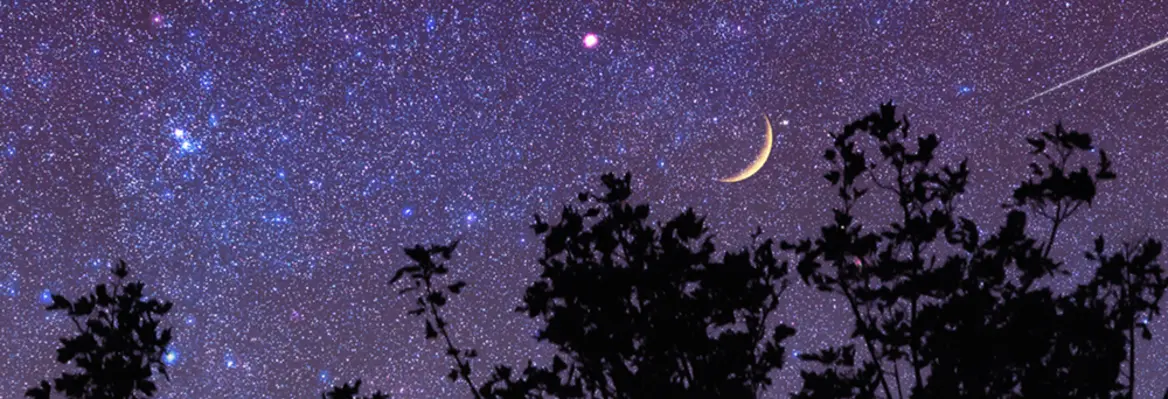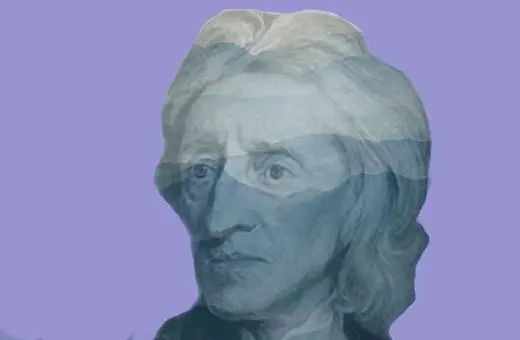We tend to believe that the human race has become increasingly rational over time; that the superstitions of the past – such as the Ancient Greek superstition that important decisions should be made based on the direction birds fly in the sky or alternatively by reading the entrails of a sacred bull – are no longer believed in. But Rami Gabriel, author of A Suspicious Science: The Uses of Psychology, argues we have modern superstitions of our own. We all have beliefs that we hold on insufficient evidence, that other or future cultures will almost certainly call superstitious. Belief in theories such as the Big Bang theory may even be among them.
Belief is our best tool to assuage doubt. It provides a seemingly solid foundation for our actions. Now, what we believe in could be anything; from free trade to aliens, from the causes of Alzheimer’s disease to the inherent grace (or evil) of human nature. In this we are an incredibly flexible species. Nevertheless, in the grand economy of possible beliefs, we consider some to be more rational, say the belief in Newton’s laws, than others. When a belief is outlandish, that is to say when it is not in accord with the consensus view or is only perceived as rational for a small group of people that does not include us, we call it a superstition.
SUGGESTED VIEWING Human nature and the possibility of utopia With Paul Bloom
As we live through these turbulent times, it has become apparent that many of the beliefs we held to be rational have been rendered obsolete. Even those eminently rational repositories of facts called scientific disciplines are questioning basic premises once considered beyond doubt. Take the Big Bang, of which a new book by Niayesh Afshordi and Phil Halper claims, “When a theory becomes so widely accepted that it is immune to question, we’ve moved from science supported by evidence to belief upheld by faith.” Yes, indeed, it has recently come to light that there is no way to explain or even find evidence to support the idea that the universe “began” as a singularity. Does this shift the theory of the Big Bang from the abode of rational belief to the realm of superstition?
Let’s consider the nature of beliefs we hold about matters that are outside of our realm of expertise. If you are not a physicist, then what exactly does an abiding, though often vague and peremptory belief in the Big Bang consist of? Well, at the most basic level, belief in scientific principles that we comprehend lightly functions as a form of meaning-making. The Big Bang offers us a narrative to frame answers to some mysteries of the universe; it is the best theory the experts have to account for the origin of the universe. The majority of people will not grapple with the question of its veracity and what, if anything, might suffice as an alternative to replace it.
___
It is because our beliefs are grounded in the worlds we have constructed and that we inhabit, whereas the beliefs of others are grounded in worlds to which we have little to no access.
___
When is belief in a theory that far outstrips our capacities to understand, say about the possibility that cosmic inflation is the origin of the universe, go beyond science? In short, what is it that makes a belief seem to us like more of a superstition than a fact?






















Join the conversation